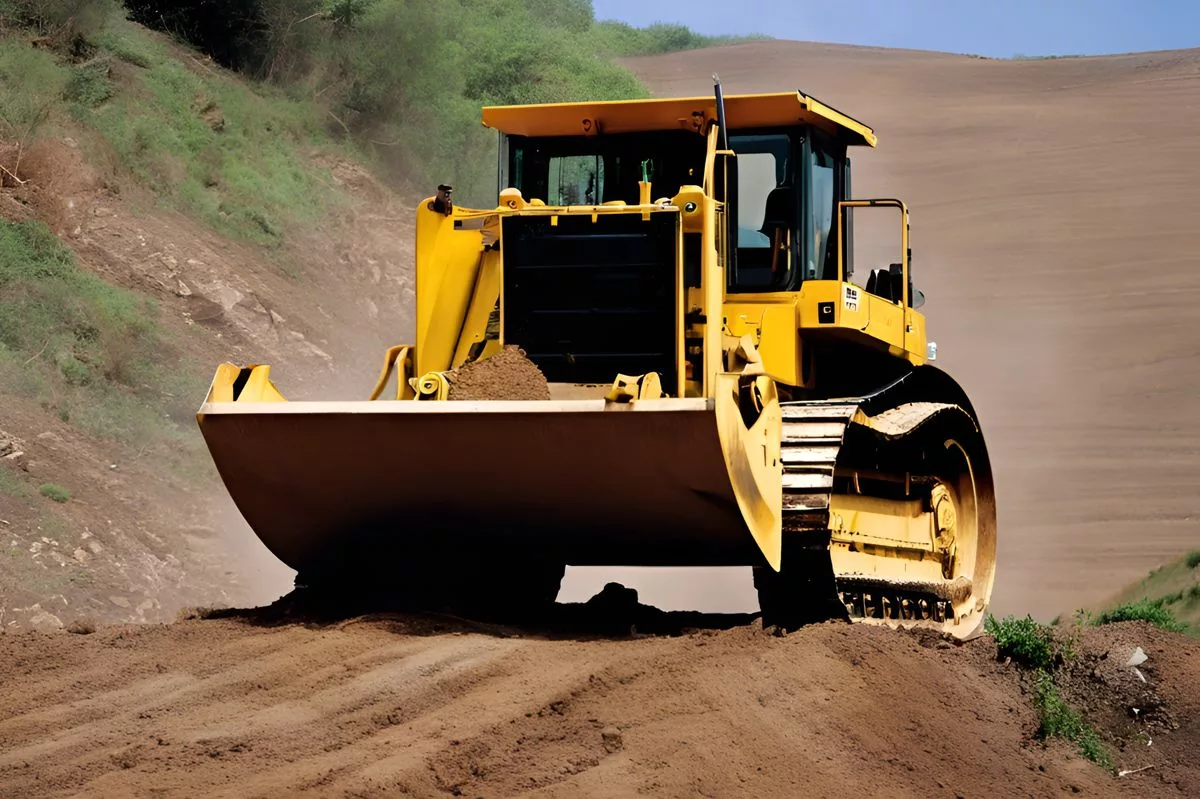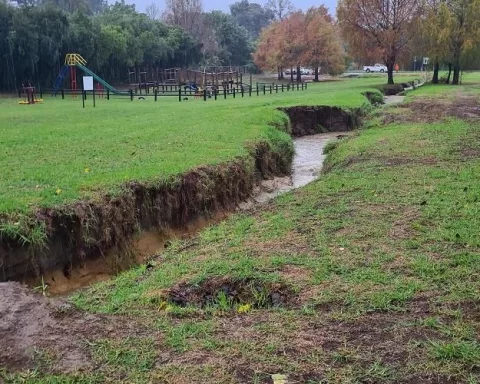The Mayor of Cape Town has announced a plan to level Suikerbossie Hill, which is widely supported by the city’s cycling community. The plan aims to change the geography of the municipality and rectify what the Mayor calls a “colossal mistake.” The rubble resulting from the demolition will be donated to Johannesburg for repairing potholes. The decision has been met with enthusiasm, and the city prepares to bid farewell to the notorious hill.
What is the Mayor of Cape Town’s plan for Suikerbossie Hill?
The Mayor of Cape Town has announced a plan to level the notorious Suikerbossie Hill, which has received overwhelming endorsement from the city’s cycling community. The aim is to alter the geographical configuration of the municipality and rectify what the Mayor describes as a “colossal mistake”. Plans for dismantling and tunnelling are slated for completion in perfect timing for the upcoming annual Cycle Tour. The rubble and sand resulting from the demolition will be donated to Johannesburg for the purpose of repairing potholes.
The Announcement That Shook Cape Town
In an extraordinary development, the Mayor of Cape Town declared his intentions to level the notorious Suikerbossie Hill, a proposition that garnered overwhelming endorsement, especially from the city’s enthusiastic cycling community. This audacious step, which aims to alter the geographical configuration of the municipality, was declared on April 1, 2024.
The actual eradication of this hill has provided a sense of relief for the city’s cyclists, who regard it as their nemesis, as well as the motorists who consistently grapple with its formidable incline. The plan is a symbolic representation of the Mayor’s own tribulations with Suikerbossie. He relayed his tribulations faced during his maiden complete Cape Town Cycle Tour, a task he embarked on riding an e-bike.
At the quarter mark of the hill, he found himself panting heavily. At the halfway point, he mulled over his existence. Three-fourths into the ascent, an introspective revelation occurred to him – why should the hill be allowed to exist at all? His pursuit to answer this question eventually led to this pivotal decision, a resolution set to rectify what he describes as a “colossal mistake”.
The Response to the Decision
The Mayor’s resolution was met with a rousing response from Cape Town’s cyclists and the citizens of the Republic of Hout Bay, who have long been living under the tyrannical silhouette of the Suikerbossie. The citizens are soon to be privy to the specifics of the hill’s dismantling and tunnelling plans, which are slated for completion in perfect timing for the upcoming annual Cycle Tour.
The ecstasy enveloping the Mayor’s decision was eloquently encapsulated by the Cycle Tour Director, Mr David Bellairs, whose joy was boundless. His delight was evident as he spoke about the cyclists who were still grappling with the Suikerbossie climb, weeks following the conclusion of the race. He foresees a spike in the number of rider registrations in the wake of this announcement, shedding light on the far-reaching consequences of the decision.
The Impact and Future Plans
As the city prepares to bid farewell to Suikerbossie Hill, the Mayor has sworn that the resulting rubble and sand will find a new purpose. In a gesture of civic unity, he intends to donate the demolition waste to Johannesburg for the purpose of repairing potholes.
While some may find this groundbreaking decision controversial, it signifies a fresh chapter in Cape Town’s urban development story, kindling the embers of hope and anticipation. As the city gears up for this significant metamorphosis, one can’t help but admire the resilience of its residents who eagerly anticipate a new phase in their lives.
Inviting Exploration and Adventure
As Cape Town continues to innovate and inspire, we urge residents and visitors to discover the city’s numerous attractions. A multitude of discounted offers are awaiting those eager to uncover Cape Town’s myriad of treasures. Let these enticing offers trigger your imagination and add an exciting twist to your city escapades.
1. What is the Mayor’s plan for Suikerbossie Hill?
The Mayor of Cape Town plans to level the notorious Suikerbossie Hill, which has received overwhelming endorsement from the city’s cycling community. The aim is to alter the geographical configuration of the municipality and rectify what the Mayor describes as a “colossal mistake”.
2. What will happen to the rubble resulting from the demolition of Suikerbossie Hill?
The rubble and sand resulting from the demolition will be donated to Johannesburg for the purpose of repairing potholes.
3. When was the Mayor’s decision to level Suikerbossie Hill announced?
The Mayor’s decision to level Suikerbossie Hill was announced on April 1, 2024.
4. How was the Mayor’s decision received by the citizens of Cape Town?
The Mayor’s resolution was met with a rousing response from Cape Town’s cyclists and the citizens of the Republic of Hout Bay, who have long been living under the tyrannical silhouette of the Suikerbossie.
5. What will the dismantling and tunnelling plans for Suikerbossie Hill entail?
The specifics of the hill’s dismantling and tunnelling plans are soon to be revealed to the citizens of Cape Town. These plans are slated for completion in perfect timing for the upcoming annual Cycle Tour.
6. How does the Mayor’s decision impact Cape Town’s urban development story?
While some may find this groundbreaking decision controversial, it signifies a fresh chapter in Cape Town’s urban development story, kindling the embers of hope and anticipation. As the city gears up for this significant metamorphosis, one can’t help but admire the resilience of its residents who eagerly anticipate a new phase in their lives.












